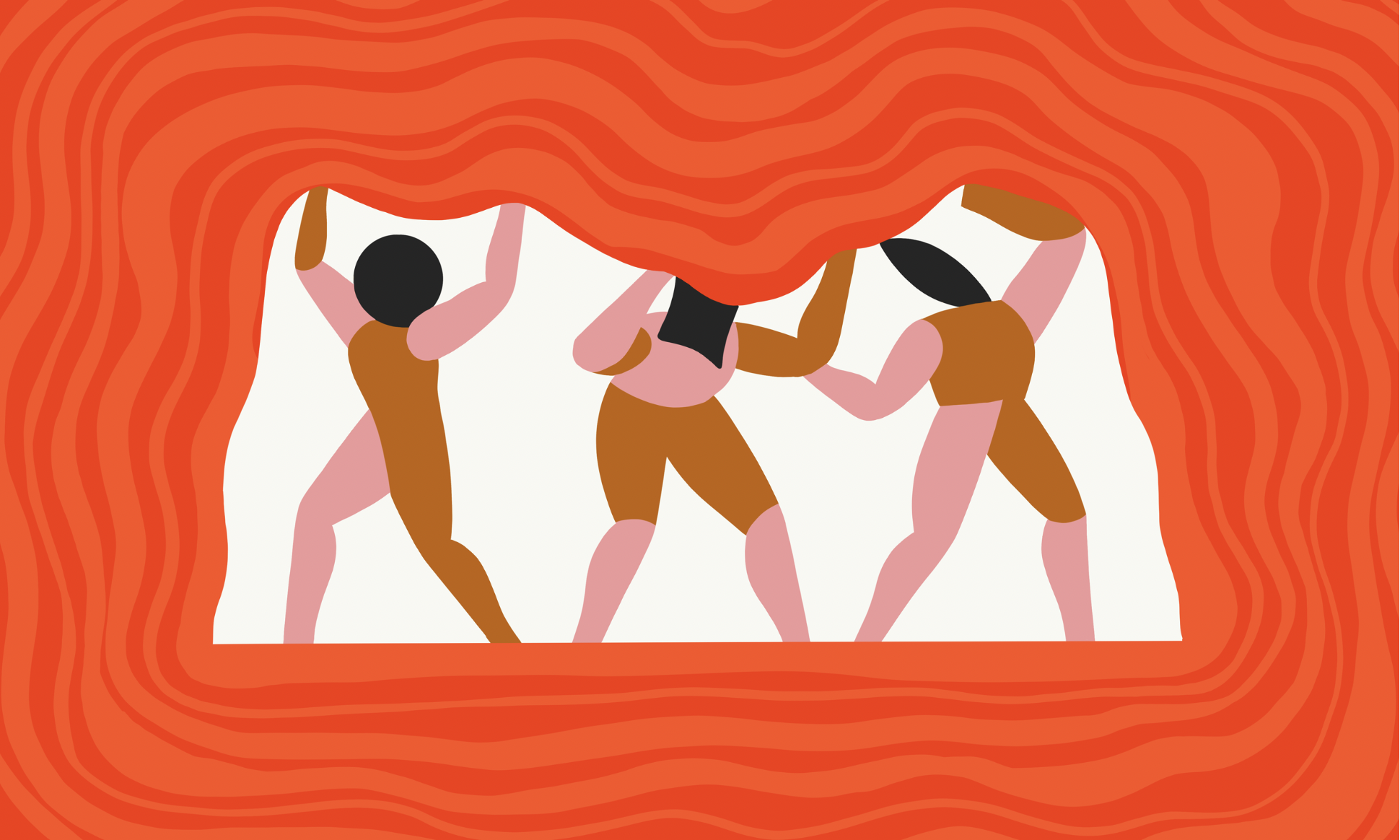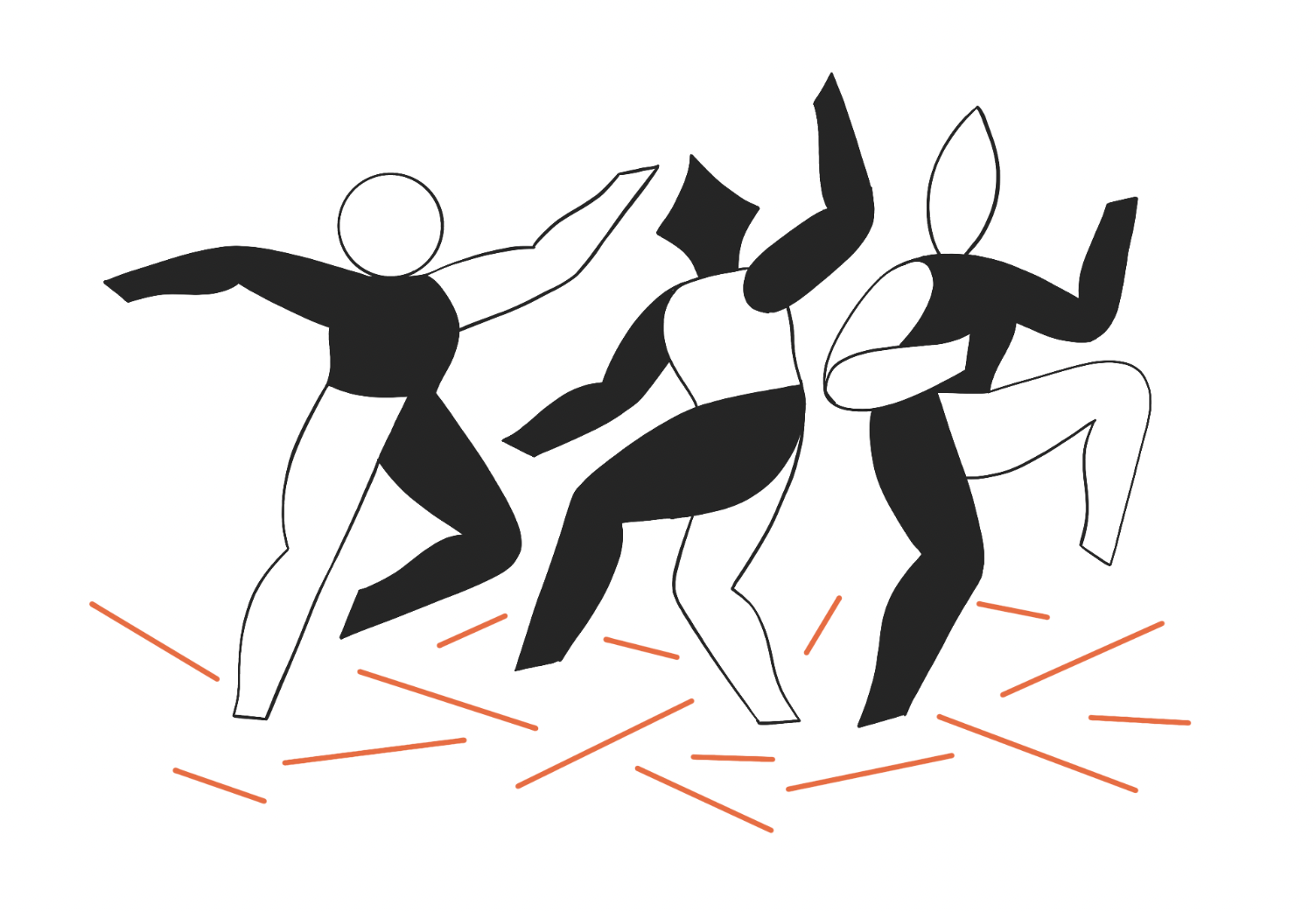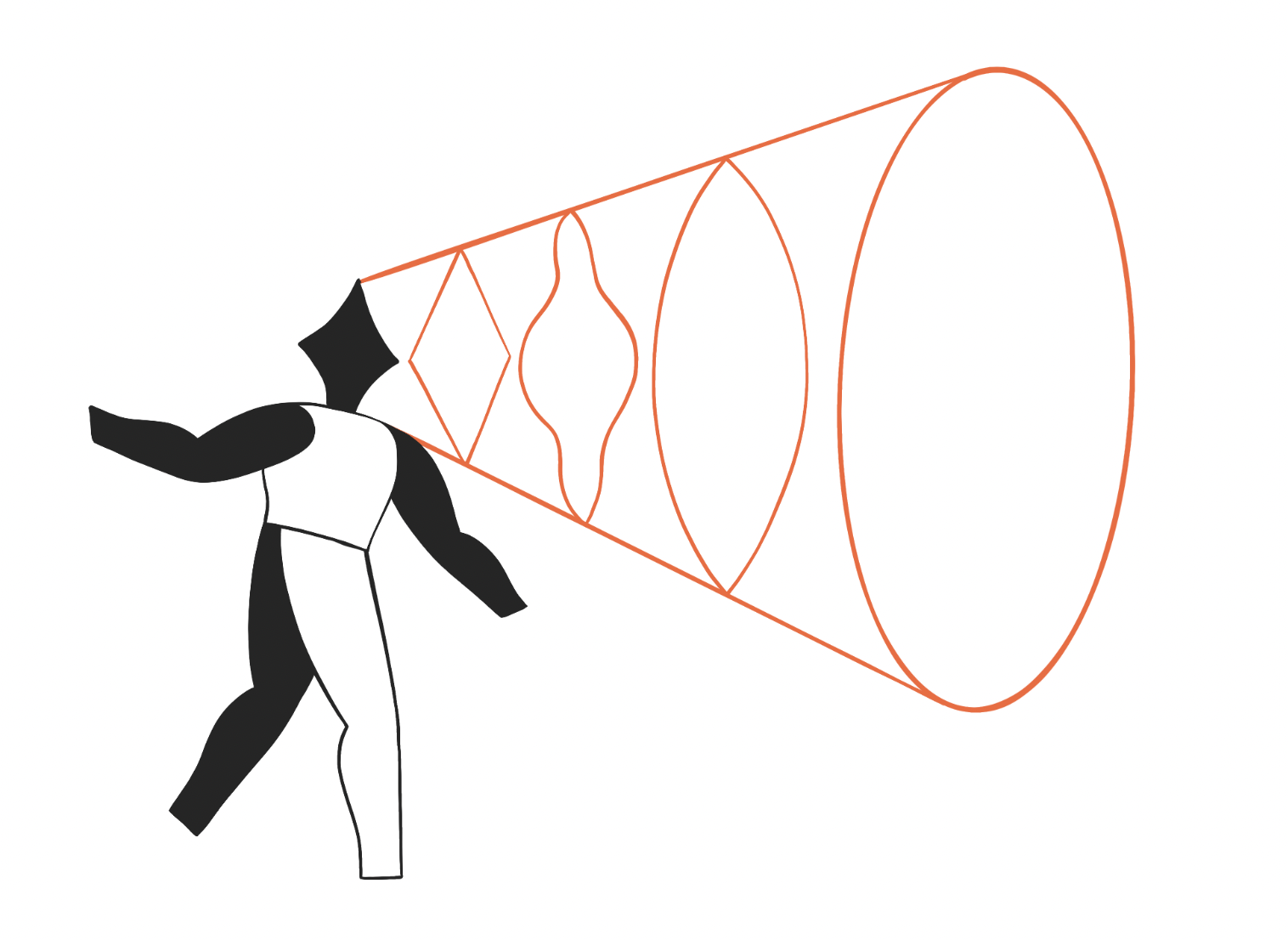
STATE OF EMERGENCE:
Why We Need Artists Right Now
Written by Shannon Litzenberger
What would it mean to ambitiously mobilize artists to do their most essential work well and fully, with the aim of creating a more sustainable, just, and caring society?
The pandemic disruption has amplified the ways in which the systems and policies that shape contemporary Canadian society are producing harmful outcomes for many. A climate crisis. A health crisis. An economic crisis. A crisis of well-being. A crisis of spirit. A crisis of care.
Given the existential dilemma we find ourselves in, what would it mean for a society to ambitiously mobilize artists to do their most essential work well and fully, with the aim of catalyzing transformative change? Could the chaotic domain of the artist’s creative process be the fertile ground from which a healthier and more sustainable, just, and caring society emerges?
These questions have been at the heart of my pandemic-inspired reflections, motivated by a desire to give voice to the increasingly marginalized experience of artists in this time of great disruption. Artists have much to offer a world in flux because when artists engage in processes of creation, something comes into existence that didn’t exist before. These processes are not limited to making art as marketplace commodities. They have the potential to create new worlds organized around new perceptions of our shared reality.
As we emerge from a period of reflection, learning, questioning, and reorientation, my hope (and perhaps yours too, dear reader), is that we take seriously the imperative of transformative change. This means disrupting a system that too often disregards its destructive impacts in the name of profit, progress, and growth. It means acknowledging and holding ourselves accountable for our complicity with the damaging cultural norms that uphold this system. It means working purposefully, in solidarity, toward reshaping ourselves and our society in ways that prioritize care, creative possibility, equity, justice, well-being, interdependence, and reciprocity.
To avoid sliding back into the practised habits of a world we know is oppressive, inequitable, and unsustainable, I propose that we turn our attention and support directly toward the work of individual artists and their honed ability to explore new horizons of possibility through their artistic practices. If we directed more of our resources toward individual artists and their creative process concerned with world-making, and less on the organizations, structures, and systems concerned with recovery, could we better catalyze change? What interventions could we make that would radically mobilize artists to do their most important work? Where, within the system, could we unlock limiting constraints in order to more effectively disrupt the status quo and catalyze the creation of a world that we long for?
One artist’s perspective on the current crisis
The neon sign erected by the pandemic reads “Change or perish.” If we take the imperative of social transformation seriously, then we understand that we are living in a time between worlds. The arts sector was devastated by the pandemic, and we are facing a moment of reckoning where we need to examine the ways that we organize our systems of cultural production. This is not just about updating the policies that govern us and redistributing the resources that enable our work, but also about the culture we embody in our field. Recalibration of the former will have limited impact without the latter. We must disrupt the behaviours and practices that perpetuate the system as it was designed.
As public health restrictions are lifted and we are allowed once again to stage our plays, mount our choreographies, host our galas, and open our exhibitions, how will we resist the pull toward a familiar “normal”? Have we already resumed a “business-as-usual” script that leaves us feeling tired, stressed, and disconnected from what really matters? As a community of culture-makers, how do we rewrite new scripts together, working toward culture change as a priority, in order to fully embody the world we aspire to?
As a practising dance artist, embodied leadership facilitator, changemaker, programmer, policy thinker, and longtime arts advocate, I am invested in the role artists have to play in this moment of re-emergence and social transformation. I believe that artists are world-makers and that this work is critical, right now. I also believe that artists are not adequately centred or supported in the professional arts ecosystem, nor have they been ambitiously mobilized as change agents during this time of crisis, much to the detriment of the arts and culture sector and to society at large. My response to this dilemma is a call for radical experimentation – both to artists and to those who make decisions about the systems that organize our work.
Illustrations by Julien Posture
https://julienposture.com/
May 3, 2022 | The Philanthropist Journal
Illustrations by Julien Posture




